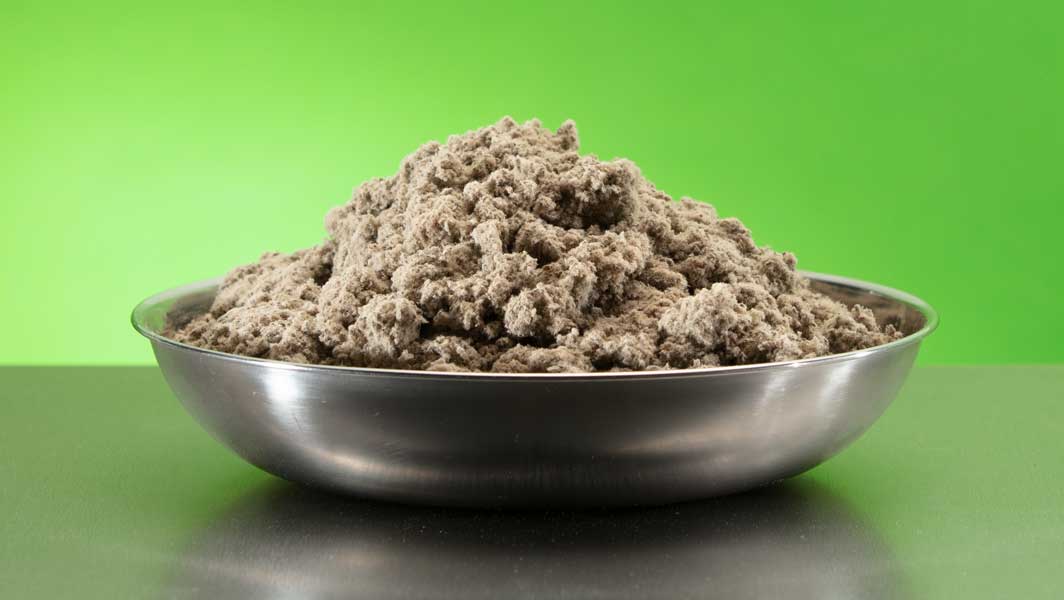The bio-based and circular cellulose for this application is supplied by the company Recell. They certainly don’t cut down any trees for this. Erik Pijlman, director of Recell: “We recover cellulose from toilet paper in sewage water, but also from industrial residues or household waste, such as drinks cartons, nappies or newspaper. Technically, these are still high-quality fibres and it’s a shame that they all end up in the incinerator. This destruction of valuable raw materials also results in greenhouse gas emissions.
The use of cellulose in products such as asphalt, on the other hand, produces negative emissions. As a rule of thumb, 1 tonne of Recell fixes 2 tonnes of CO2, whether or not in the form of tradable certificates.
As an asphalt additive, Recell is not something for the future, but a proven product. It has been used successfully in roads (the cycle path from Leeuwarden to Stiens, the road at the RWZI in Harlingen), car parks (for example, at the Stadspark children’s farm in Groningen) and even to reinforce dykes. It also leads to faster production and processing time: it can be easily mixed into the existing systems of asphalt producers and shortens the rolling time. In addition, Recell can be used as a biocomposite material in reflector posts and benches (also part of the infrastructure sector).
Theme: Sustainable Road Construction 2021
- Asphalt is getting ever greener
- Low temperature asphalt made with linseed oil
- Cellulose as a green asphalt additive
- Asphalt with olivine eats tonnes of CO2
These articles were created in collaboration with Chemport Europe.
Image: Recell







